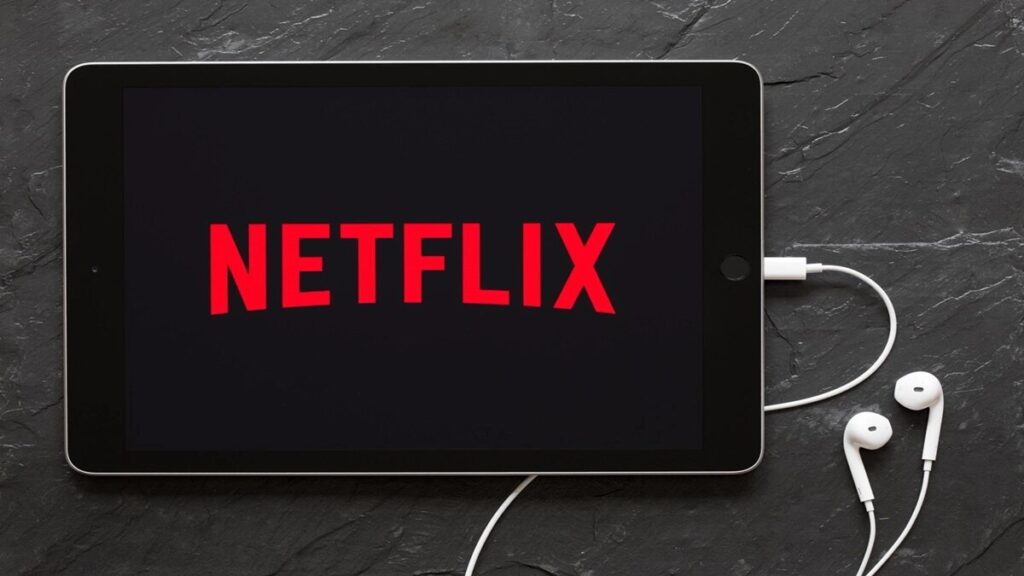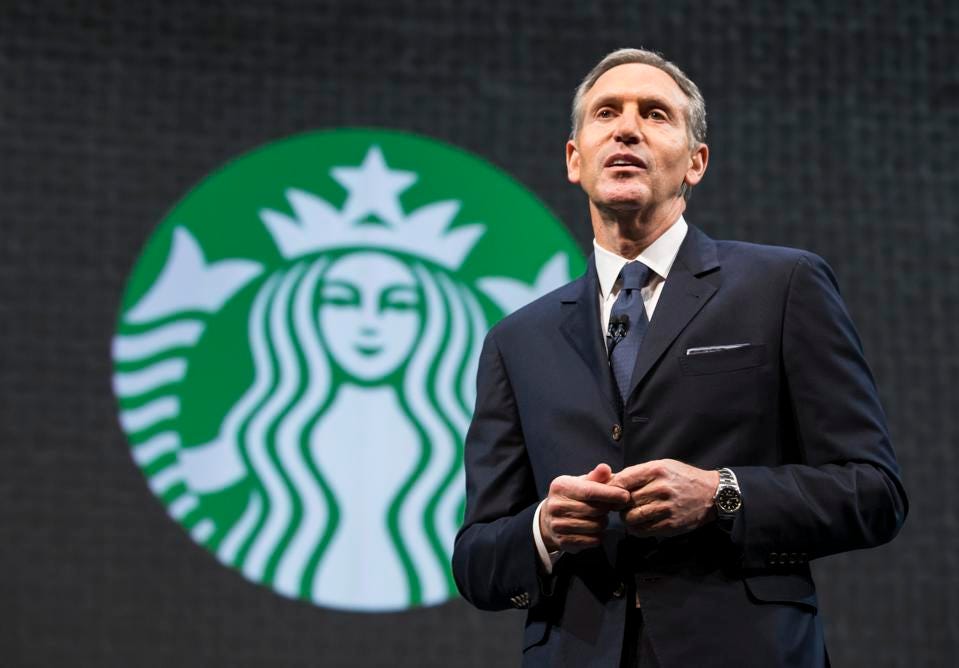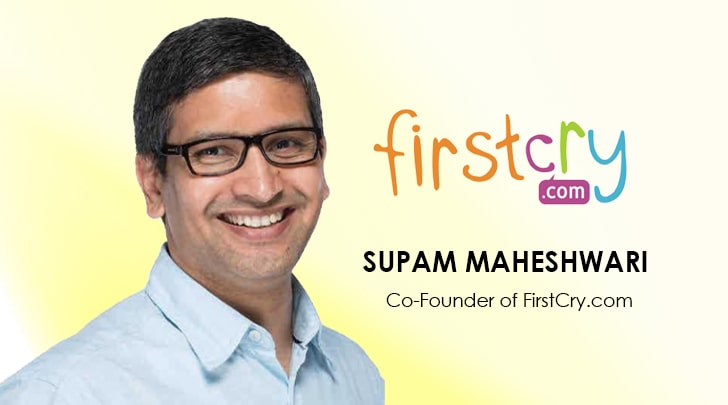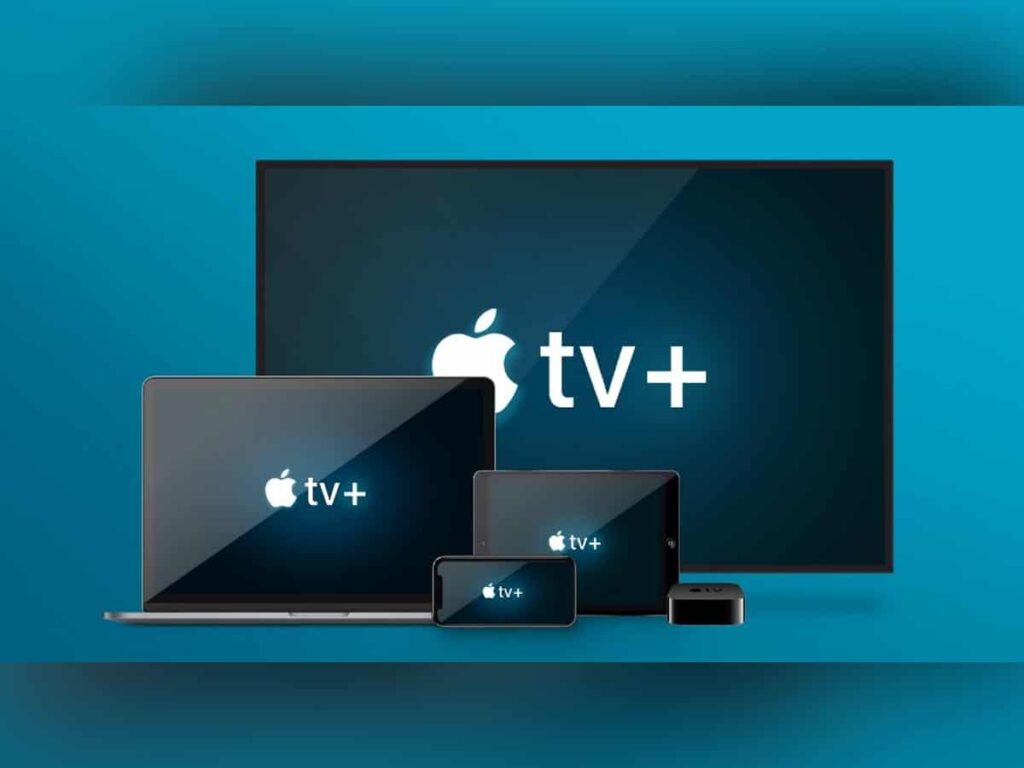Netflix to charge $6.99 a month for ‘Basic With Ads’ Plan
Beginning in November, the American streaming provider Netflix will launch a new, inexpensive tier subscription “basic with ads” that is supported by advertisements.

In twelve nations, Netflix will launch a subscription model in November that is subsidized by advertisements as the company attempts to increase sales and subscriber numbers. The subscription, dubbed “basic with ads,” will cost $6.99 in the US, $3 cheaper than the country’s basic option without advertisements.
Netflix battled user churn after suffering the largest-ever quarterly decline in subscribers recently in June. This new model will soon launch in Brazil, Australia, Britain, Britain, Canada, Japan, Germany, Italy, South Korea, Mexico, France, and the United States. This ad-supported subscription is a first for Netflix. This move is a significant change for a company that pioneered the concept of ad-free membership-based streaming.
Users of Netflix’s “Basic with ads” tier won’t be able to download films and television shows, and there will often be four or five minutes of adverts every hour. Due to licensing limitations, a few TV shows and films will initially be inaccessible.
Before and throughout Netflix’s content, there will be 15-30 second advertisements. Firms will be able to stop adverts from showing up on content they consider objectionable or nasty. Nielsen, a rating business, will start using its Digital Ad Ratings in the United States in 2023 to assist marketers in understanding its reach.
When Disney+’s ad tier debuts in December, it will cost $7.99 per month, while Hulu will cost $7.99. Netflix is less expensive at $6.99 per month. The monthly cost of HBO Max with advertisements is $9.99.
Netflix has set the price of the service such that any customers who convert from the ad-free standard plan to the ad-supported plan will have a “neutral to positive” impact on the business’s income. This indicates Netflix will earn at least $3 in advertising income per customer each month.
Instead of 1080p, the resolution of Netflix’s normal plan, which costs $15.49 per month, the video resolution for the ad-tier plan will be 720p. The company’s entry-level plan, which features 720p resolution but no advertising, costs $9.99 per month.
Netflix referred to the new tier as “pro-consumer” during a press conference where it unveiled it. It also revealed that its inner content tagging specialists were charged with locating natural breakpoints in numerous series and movies to insert adverts in.
As reported by The Verge, Netflix’s ad tier is a reaction to an unexpected slump for the streaming service, which earlier this year lost over a million users in the United States and Canada. The company also saw a decline in its stock price as a result of investor doubts that its phase of significant growth has come to an end.
Although the company has stated that it aims to roll out the new ad tier in more countries over time, India is not among the 12 countries wherein Netflix is first introducing the ad-supported plan. Given the price-sensitive character of the Indian market, it is important to note that Netflix offers some of the most affordable subscription plans when compared to its offerings in other regions.
Netflix plans in India start at Rs 149, or roughly $2 per month for phone devices only. The cheapest Netflix subscription in India starts at Rs 199 per month, which translates to about $2.6 per month for other devices such as smart televisions. The “regular” version of the streaming service costs Rs 499 per month in India, offers high-definition content streaming across two devices, and is ad-free.

I am a law graduate from NLU Lucknow. I have a flair for creative writing and hence in my free time work as a freelance content writer.




